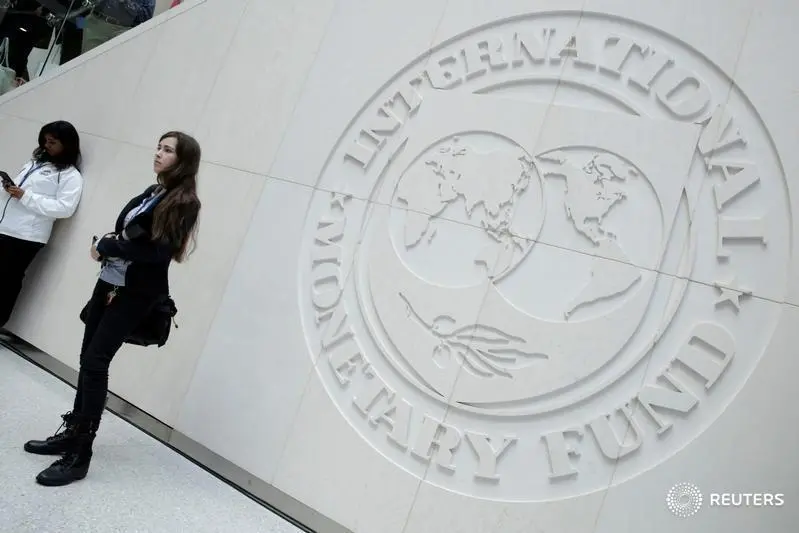PHOTO
Sri Lanka increased electricity prices by 66% on Thursday, in a move that the government hoped would persuade the International Monetary Fund to provide urgent support for its crisis stricken economy.
The scale of the price rise will heap misery on Sri Lankans already struggling with inflation running at 54.2%. But, the government can barely able to afford vital imports due to a lack of foreign currency reserves, and has to convince international creditors that it will follow sound fiscal policies.
"We know that this will be hard on the public, especially the poor but Sri Lanka is caught in a financial crisis and we have no choice but to move towards cost reflective pricing," Energy Minister Kanchana Wijesekera told reporters.
"We hope that with this step Sri Lanka has moved closer to getting the IMF programme."
The size of the price rise was confirmed by a Ceylon Electricity Board official.
Wijesekera did not specify by how much prices would rise, but he said that he hoped to reduce tariffs by July, when the government plans to revise prices again.
Sri Lanka is in the midst of its worst financial crisis in seven decades and must put its massively indebted public finances in order to unlock a $2.9 billion IMF loan that was agreed in September.
Wijesekera said the price increase would help the power ministry offset the gap caused by the cessation of government subsidies, and also help the government better manage its long-term fuel contracts.
Mass protests against economic mismanagement drove former President Gotabaya Rajapaksa from power last year after thousands took over his official residence and office.
Since taking over in July, President Ranil Wickremesinghe has desperately sought support from international creditors, especially the IMF. (Reporting by Uditha Jayasinghe; Writing by Sudipto Ganguly; Editing by Miral Fahmy & Simon Cameron-Moore)





















